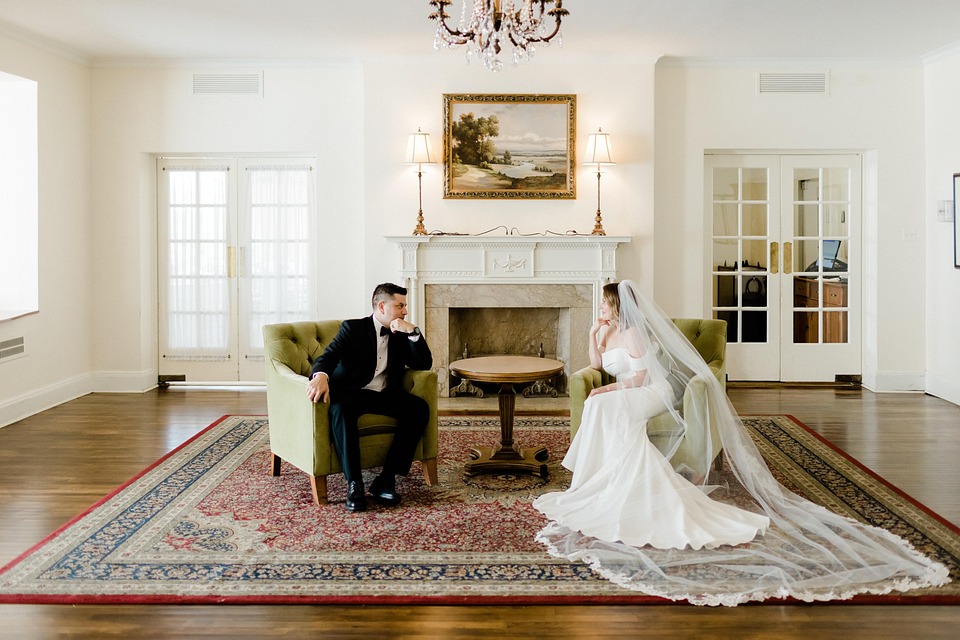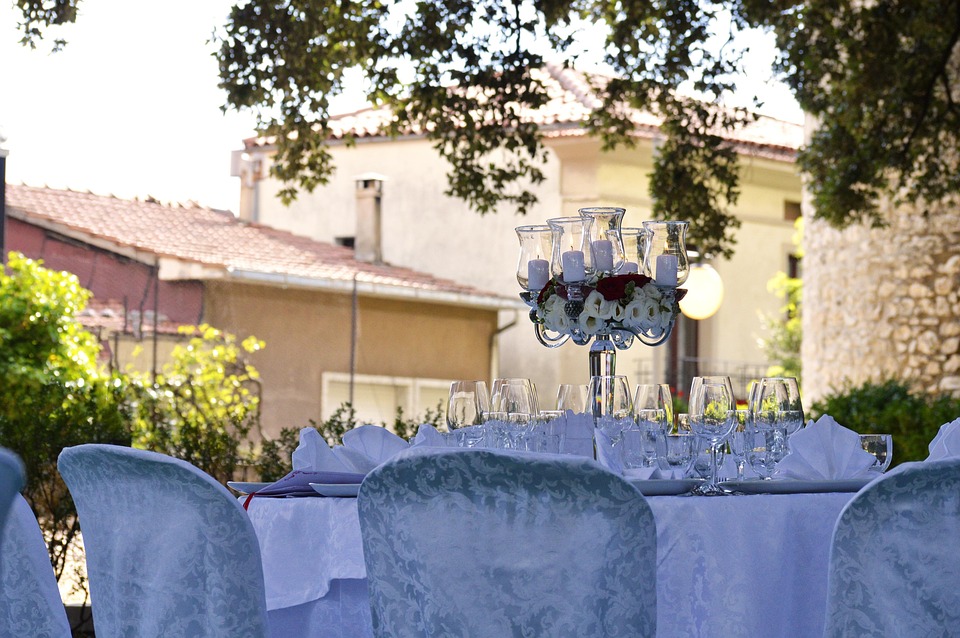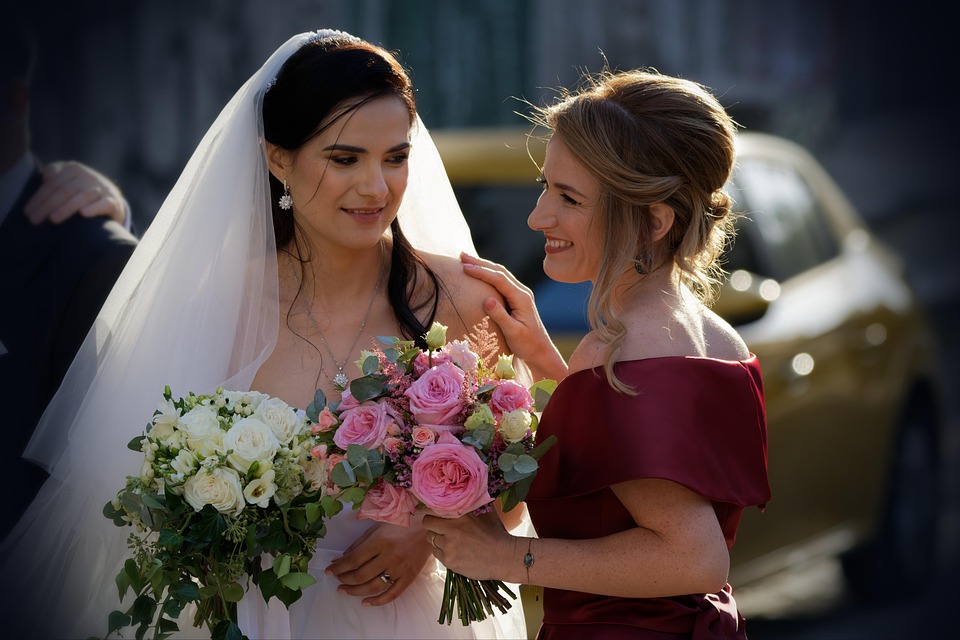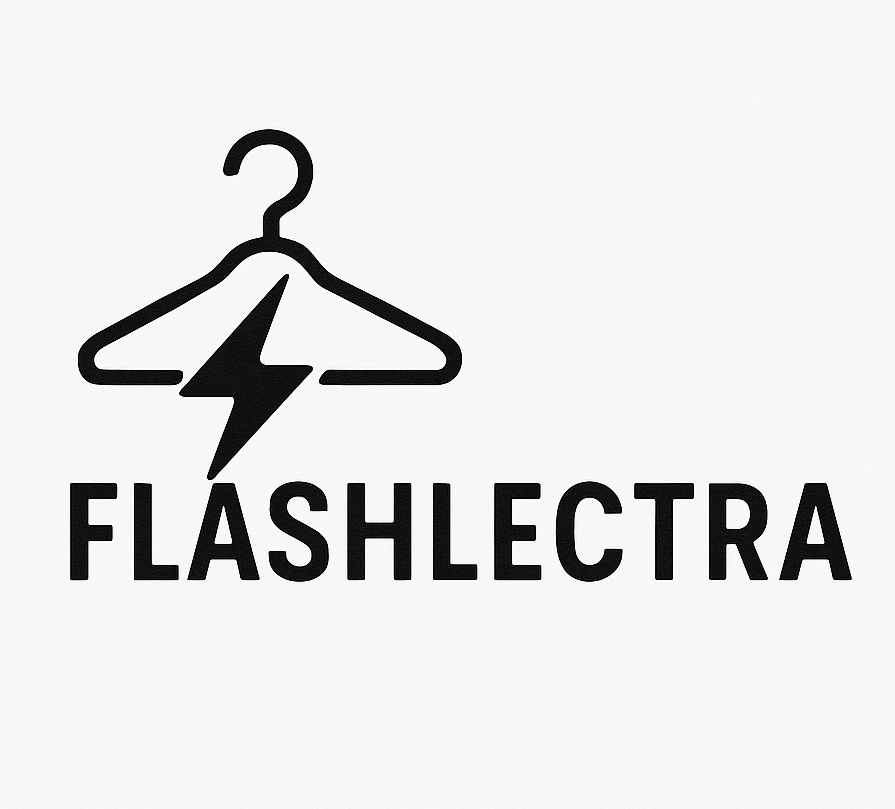In a world where experiences matter more than ever, events have become powerful tools — for celebration, networking, marketing, fundraising, and education. But behind every successful event is a skilled Event planner who makes it all happen.
Whether you’re a client looking to hire a planner, a beginner aspiring to enter the industry, or a business curious about how planners add value, this guide is for you.
1. What Is an Event Planner?
An event planner is a professional responsible for organizing and executing events. These can be anything from weddings, product launches, corporate seminars, to charity fundraisers. The planner’s job is to ensure that every aspect — from budget to logistics — is executed flawlessly.
Why They Matter:
- Turn chaotic ideas into a clear vision
- Bridge communication between vendors and clients
- Handle last-minute emergencies
- Ensure a seamless experience for guests
2. Roles and Responsibilities
An event planner wears many hats — manager, designer, negotiator, and often therapist!
Key Responsibilities Include:
- Defining event goals and vision
- Budget management
- Venue scouting and booking
- Vendor sourcing and negotiation
- Theme and decor design
- Timeline and logistics coordination
- Staffing and volunteer management
- Risk management and contingency planning
- Guest list management and invitations
- On-site coordination during the event
3. Types of Events Planners Manage

Planners often specialize in certain types of events. Here’s a breakdown:
a. Corporate Events
- Conferences
- Seminars
- Product launches
- Team-building retreats
These require professional branding, presentation coordination, and tight scheduling.
b. Social Events
- Weddings
- Birthdays
- Anniversaries
- Baby showers
Social events are more emotion-driven and demand personalization.
c. Non-Profit Events
- Fundraisers
- Galas
- Auctions
The goal is often to raise awareness or funds, requiring budget creativity.
d. Cultural & Entertainment Events
- Festivals
- Art shows
- Concerts
- Award ceremonies
Involve crowd control, ticketing, and sometimes permits.
4. Benefits of Hiring an Event Planner
Many people underestimate the value a professional planner brings until they’re overwhelmed. Here’s what planners offer:
a. Save Time
Planners handle the thousands of details involved in execution.
b. Save Money
They know how to work within budgets and often have vendor discounts.
c. Professional Network
Years of industry experience means access to trusted suppliers.
d. Stress-Free Planning
You enjoy the event while they handle logistics and troubleshooting.
e. Risk Management
They anticipate potential problems and have backup plans.
5. 10 Powerful Skills Every Event Planner Needs

To succeed, an event planner must blend creativity with management skills. Here are the top must-haves:
1. Organization
Handling schedules, contracts, and timelines requires precision.
2. Communication
Clear, professional communication with vendors, clients, and teams is key.
3. Creativity
Clients expect unique, themed experiences — creativity makes it unforgettable.
4. Problem-Solving
If something goes wrong, you fix it fast — calmly and professionally.
5. Budgeting
Working within constraints while delivering excellence is a key skill.
6. Negotiation
You’ll often need to negotiate prices, timelines, and terms with vendors.
7. Time Management
From setup to event day coordination — every second counts.
8. Leadership
You’re managing vendors, teams, and sometimes hundreds of guests.
9. Multitasking
Juggling multiple elements is part of the daily routine.
10. Tech Savvy
Digital tools streamline planning, invitations, registration, and more.
6. Step-by-Step Event Planning Process
Every successful event follows a process. Here’s a breakdown:
Step 1: Initial Consultation
Understand the client’s vision, budget, guest count, and purpose.
Step 2: Research and Proposal
Scout venues, research vendors, and present a planning proposal with cost estimates.
Step 3: Planning and Booking
Secure venues, finalize vendors, and begin planning elements like theme, design, catering, etc.
Step 4: Promotion (if public)
Design and distribute invites, create event pages, or launch marketing campaigns.
Step 5: Final Prep
Confirm details with vendors, assign staff, prepare timelines and schedules.
Step 6: Execution
Oversee setup, coordinate staff, manage flow, and troubleshoot issues.
Step 7: Post-Event Wrap-Up
Collect feedback, handle final payments, and do post-event reporting if needed.
7. Must-Have Tools and Software

Today’s event planners rely heavily on software. Here’s what many use:
| Tool | Purpose |
|---|---|
| Trello / Asana | Task and timeline management |
| Canva / Adobe Express | Design for invites & visuals |
| HoneyBook / Dubsado | Contracts, invoices, client CRM |
| Cvent / Eventbrite | Event registration & ticketing |
| Google Drive / Dropbox | Document sharing & storage |
| Zoom / Hopin | Virtual or hybrid event hosting |
8. Career Path: Becoming a Professional Event Planner
Interested in becoming one yourself? Here’s how to start:
Education & Certification
- No mandatory degree, but hospitality, PR, or business helps.
- Certifications like CMP (Certified Meeting Professional) or CSEP (Certified Special Events Professional) boost credibility.
Gain Experience
- Start as an assistant, intern, or volunteer at events.
- Freelance with friends/family events to build a portfolio.
Build a Portfolio
- Include photos, client testimonials, timelines, and budgets.
Network
- Join associations like Meeting Professionals International (MPI).
- Attend industry events and trade shows.
Market Yourself
- Build a website or Instagram portfolio.
- Run paid ads or join platforms like Thumbtack or The Bash.
9. Common Myths About Event Planners

Myth 1: Anyone Can Do It
Truth: It takes serious organizational and people skills, plus experience.
Myth 2: They’re Just for Weddings
Truth: Planners work across dozens of industries, including tech, fashion, and nonprofits.
Myth 3: They’re Too Expensive
Truth: A good planner can often save you more than they cost.
Myth 4: It’s a Glamorous Job
Truth: Behind the scenes, it’s high pressure and physically demanding.
10. Future Trends in Event Planning (2025 and Beyond)
The industry is evolving. Here’s what’s next:
1. Virtual & Hybrid Events
Post-pandemic, digital elements remain relevant for global reach.
2. Sustainable Events
Eco-conscious clients demand green practices — reusable decor, digital invites, zero-waste catering.
3. Hyper-Personalization
Customized gifts, menus, playlists, and experiences tailored to each guest.
4. Tech Integration
RFID badges, AI chatbots, and immersive experiences are shaping next-gen events.
5. Wellness-Focused Events
More events are including yoga breaks, meditation rooms, or healthy catering.
FAQs
Q1. What does an event planner cost?
Depends on the event size and location. Planners charge flat fees, hourly rates, or percentages of the total budget.
Q2. Do I need a planner for a small event?
For stress-free execution and time savings — yes. Even small events can be complex.
Q3. How early should I hire an event planner?
Ideally, 6-12 months before the event — earlier for weddings or large conferences.
Q4. Can event planners work remotely?
Yes. Many offer virtual planning services and manage logistics from anywhere.
Q5. Is event planning a good career?
Absolutely — especially for creative, organized individuals who enjoy fast-paced work.
Conclusion

A professional event planner turns chaos into calm, uncertainty into structure, and ideas into reality. Whether you’re throwing a corporate gala or an intimate baby shower, the right planner ensures every detail is managed so you can enjoy the experience.
If you’re thinking of becoming one, now’s the best time — the event industry is booming, and skilled planners are in high demand.
Whether you’re planning or just dreaming, remember: A well-planned event is remembered forever.





Your article helped me a lot, is there any more related content? Thanks! https://www.binance.com/lv/register?ref=SMUBFN5I
Thanks for sharing. I read many of your blog posts, cool, your blog is very good.